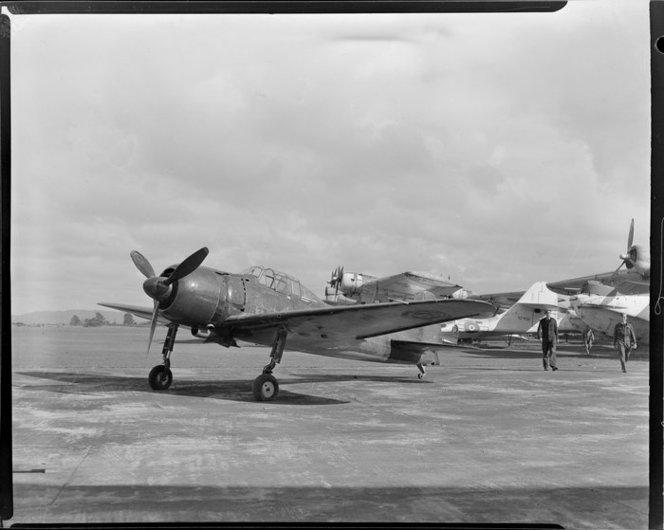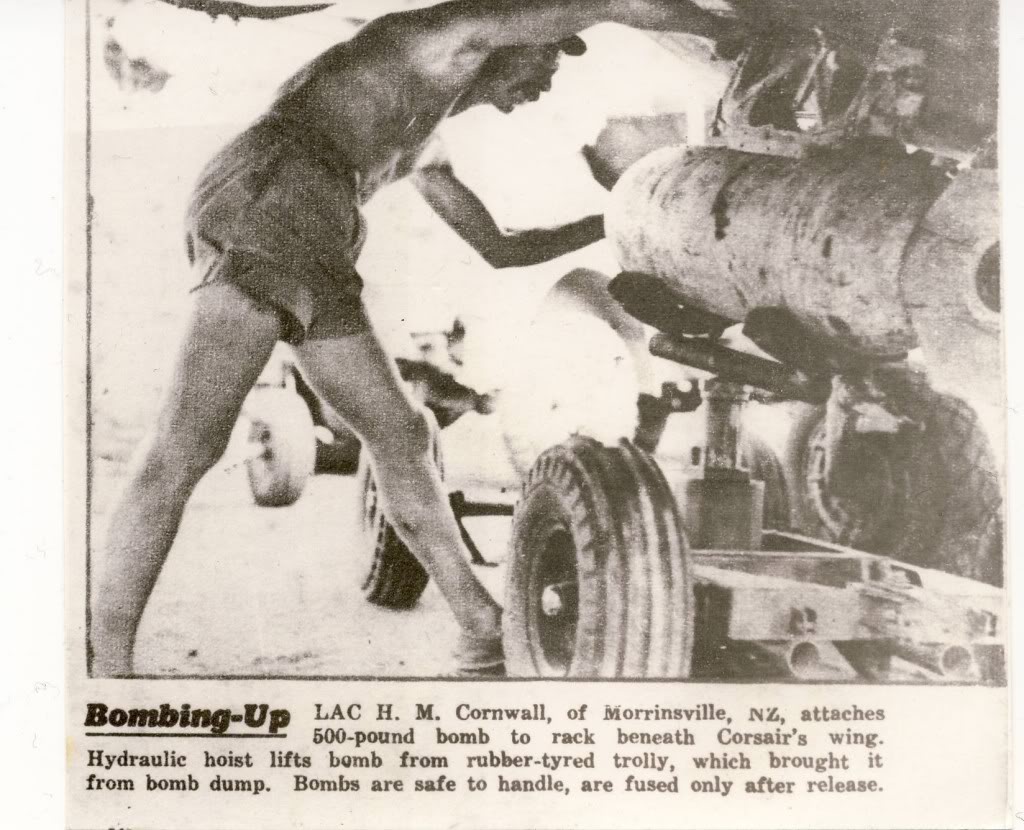Post by McFly on Feb 20, 2024 16:12:41 GMT 12
Auckland War Memorial Museum plans to shift from ‘colonial museum’ to ‘Te Tiriti-led museum’

Auckland War Memorial Museum plans to shift from ‘colonial museum’ to ‘Te Tiriti-led museum’ (link)
20 Feb, 2024
The Auckland War Memorial Museum plans to move from what it describes as a “colonial museum” to “a Te Tiriti-led museum” which will operate as a social impact organisation.
Its draft annual plan, The Path to 2029, says the change will involve a move from “seeing ourselves primarily as an expert and keeper of knowledge and collections ... to a time when more collections may be repatriated, and the care of those items may be shared”. “The first shift sees us move from a colonial Museum to a Te Tiriti-led Museum,” the plan reads. ”This builds upon our bicultural foundation, which in our context recognises Māori as Tangata Whenua. The other strand is Tangata Tiriti – the people of the Treaty – which includes all other cultures and communities that now call Aotearoa New Zealand home by virtue of the Treaty. This approach includes everyone.”
The path will also include the development of a policy and an approach of proactive repatriation of taonga. The museum confirmed to ZB Plus that repatriation would include more than human remains. “We anticipate repatriating other taonga, not just human remains, as has been our practice for many years,” a spokesperson said. “The change ... is to be more transparent with communities about our work in this area and understanding the barriers to requests for repatriations. This is in line with what many museums worldwide are doing. We are keeping up with a global professional shift.“
Auckland Museum was established in 1852 and when the building in the Domain was opened in 1929, it became Auckland War Memorial Museum. “It remains an encyclopaedic museum with a wide range of topics within its scope, and includes particular galleries and programmes focused on war history,” the spokesperson continued. The Auckland War Memorial Museum plans to move from what it describes as a “colonial museum” to “a Te Tiriti-led museum”. “It is a simple fact of the museum’s history that it was born in colonial times, and this context has influenced its character and make-up. “There has been some thoughtful discussion recently on the role of museums in general, and the ownership of objects that may have been acquired without proper permission many years in the past. Museums around the world have their legacies rooted in colonialism, and this is an important and ongoing conversation for us to be part of.”
The plan was adopted for consultation on December 7 and published on January 15. It is due to be adopted in April and is due to be reviewed at a board meeting on February 29. Public submissions have now closed. Anyone who has made a submission is invited to appear and be heard in relation to their submission on February 29, 2024, at Auckland Museum.
The museum is subject to the Auckland War Memorial Museum Act 1996 which provides for the maintenance, management, development, ownership, and funding of the Auckland War Memorial Museum and its contents.

Auckland War Memorial Museum plans to shift from ‘colonial museum’ to ‘Te Tiriti-led museum’ (link)
20 Feb, 2024
The Auckland War Memorial Museum plans to move from what it describes as a “colonial museum” to “a Te Tiriti-led museum” which will operate as a social impact organisation.
Its draft annual plan, The Path to 2029, says the change will involve a move from “seeing ourselves primarily as an expert and keeper of knowledge and collections ... to a time when more collections may be repatriated, and the care of those items may be shared”. “The first shift sees us move from a colonial Museum to a Te Tiriti-led Museum,” the plan reads. ”This builds upon our bicultural foundation, which in our context recognises Māori as Tangata Whenua. The other strand is Tangata Tiriti – the people of the Treaty – which includes all other cultures and communities that now call Aotearoa New Zealand home by virtue of the Treaty. This approach includes everyone.”
The path will also include the development of a policy and an approach of proactive repatriation of taonga. The museum confirmed to ZB Plus that repatriation would include more than human remains. “We anticipate repatriating other taonga, not just human remains, as has been our practice for many years,” a spokesperson said. “The change ... is to be more transparent with communities about our work in this area and understanding the barriers to requests for repatriations. This is in line with what many museums worldwide are doing. We are keeping up with a global professional shift.“
Auckland Museum was established in 1852 and when the building in the Domain was opened in 1929, it became Auckland War Memorial Museum. “It remains an encyclopaedic museum with a wide range of topics within its scope, and includes particular galleries and programmes focused on war history,” the spokesperson continued. The Auckland War Memorial Museum plans to move from what it describes as a “colonial museum” to “a Te Tiriti-led museum”. “It is a simple fact of the museum’s history that it was born in colonial times, and this context has influenced its character and make-up. “There has been some thoughtful discussion recently on the role of museums in general, and the ownership of objects that may have been acquired without proper permission many years in the past. Museums around the world have their legacies rooted in colonialism, and this is an important and ongoing conversation for us to be part of.”
The plan was adopted for consultation on December 7 and published on January 15. It is due to be adopted in April and is due to be reviewed at a board meeting on February 29. Public submissions have now closed. Anyone who has made a submission is invited to appear and be heard in relation to their submission on February 29, 2024, at Auckland Museum.
The museum is subject to the Auckland War Memorial Museum Act 1996 which provides for the maintenance, management, development, ownership, and funding of the Auckland War Memorial Museum and its contents.





 (
(

